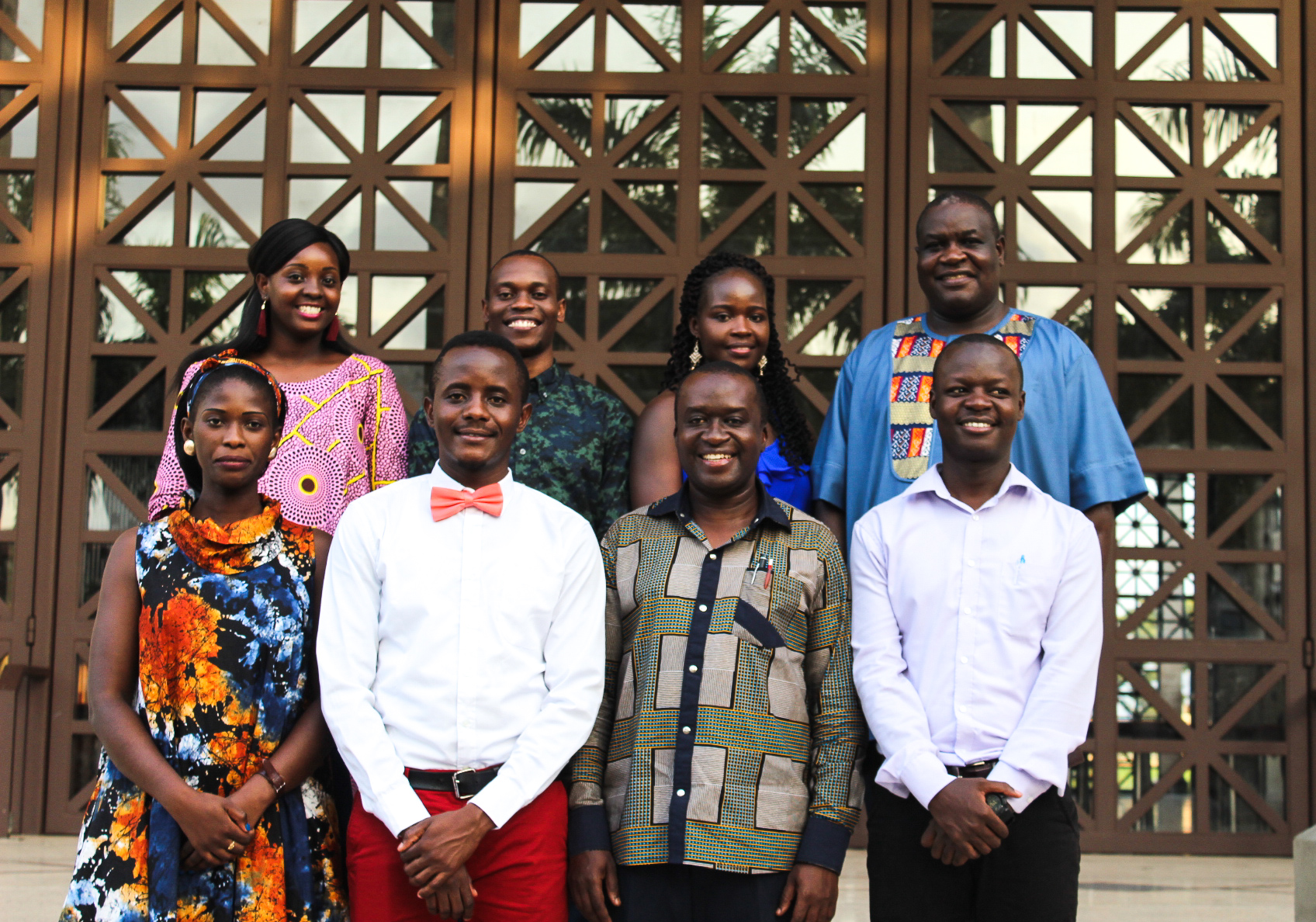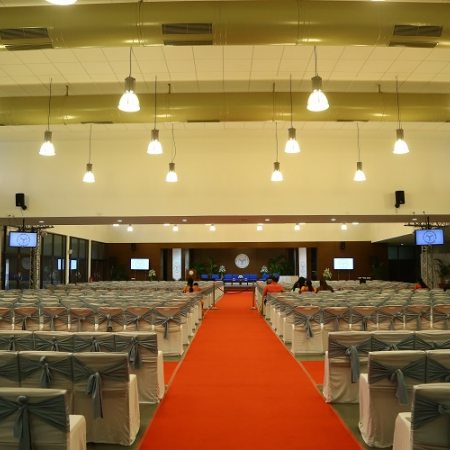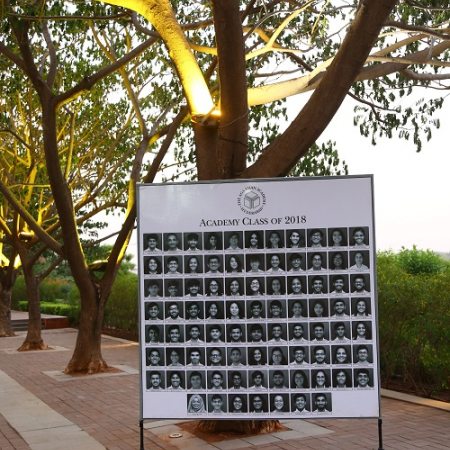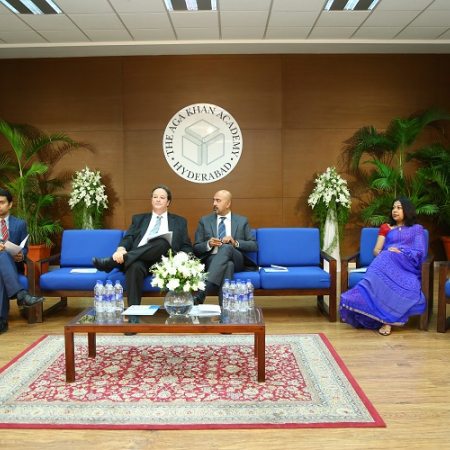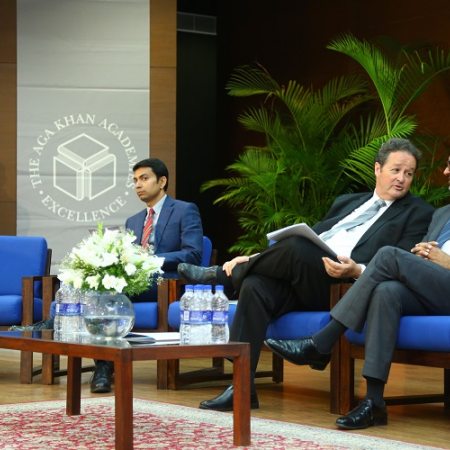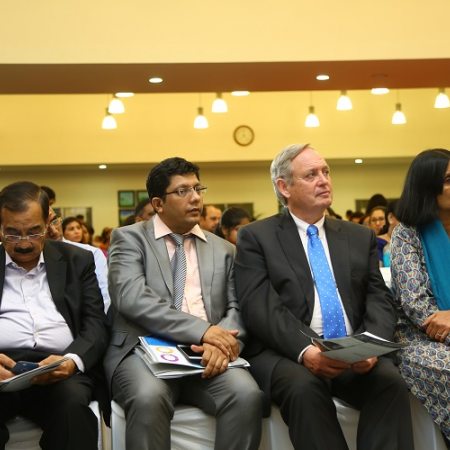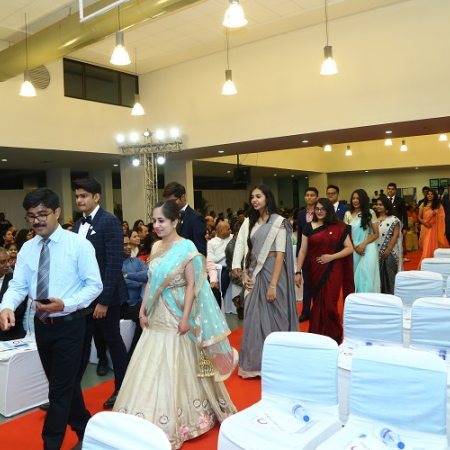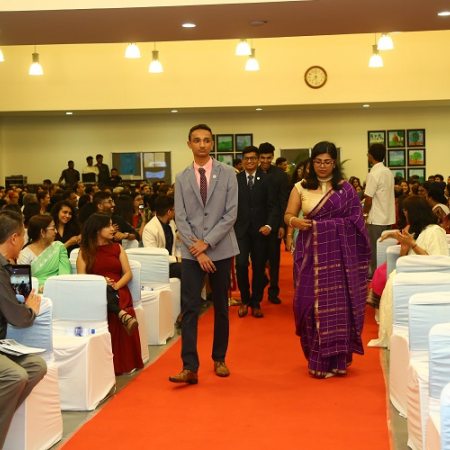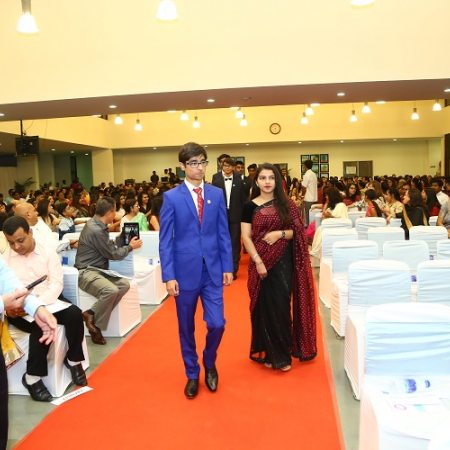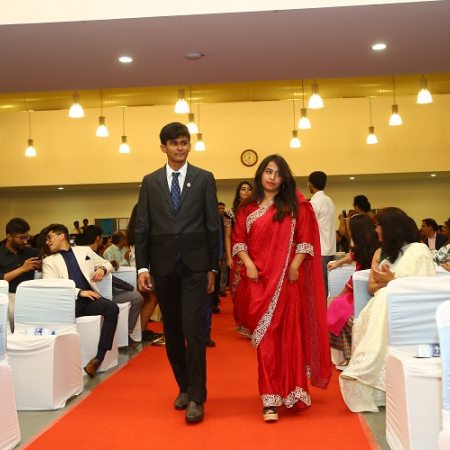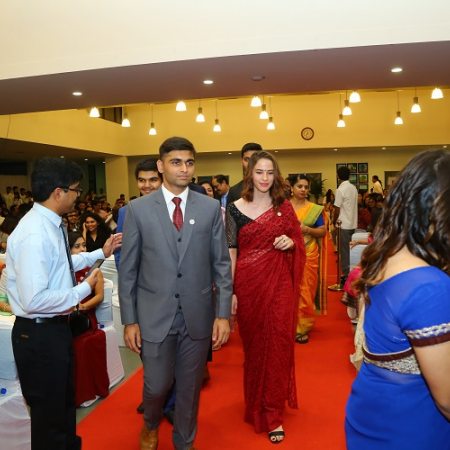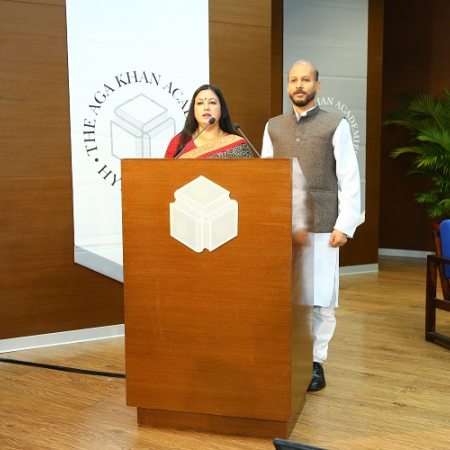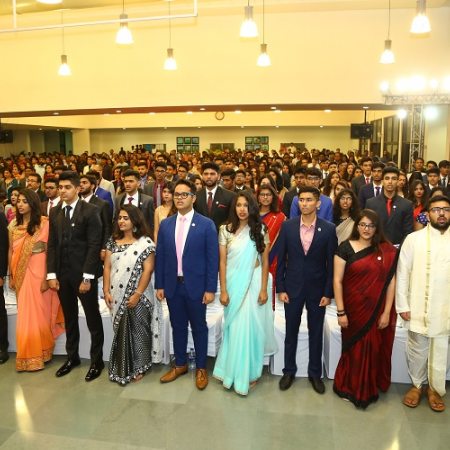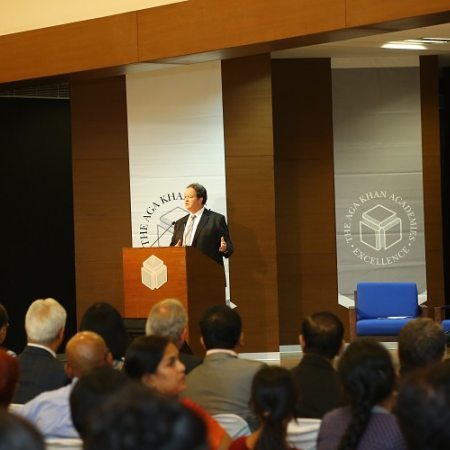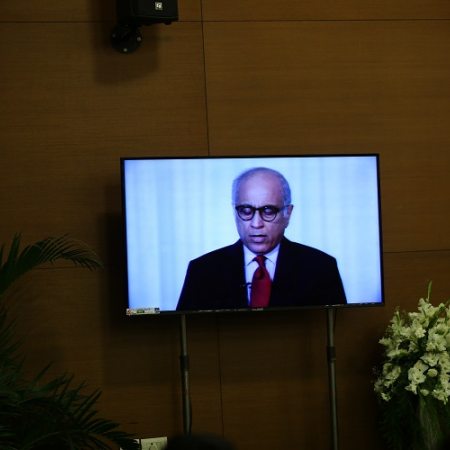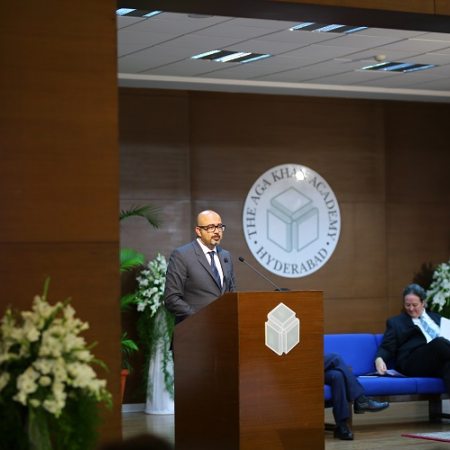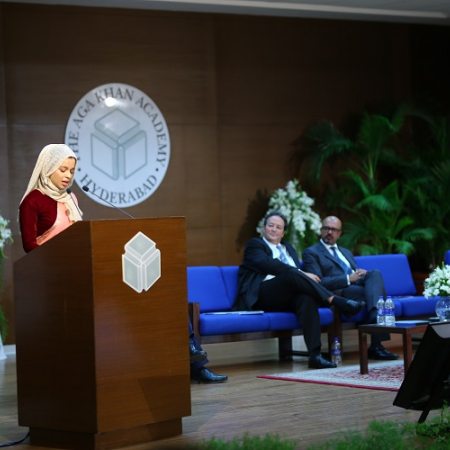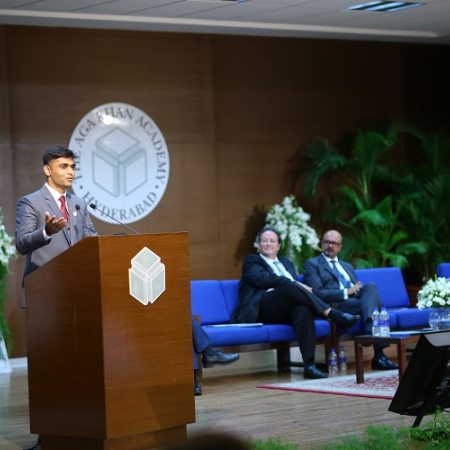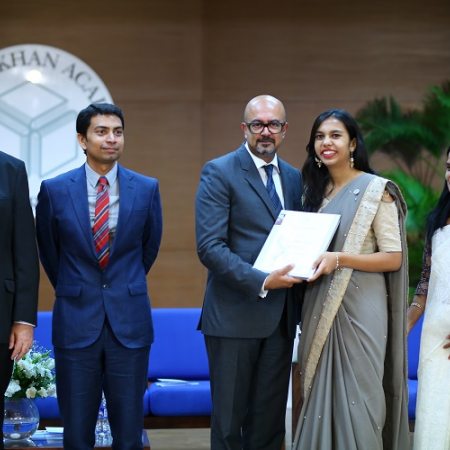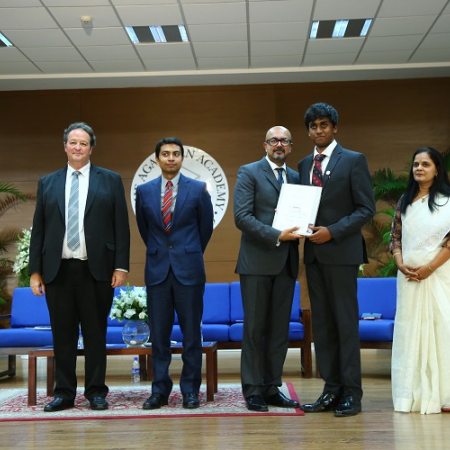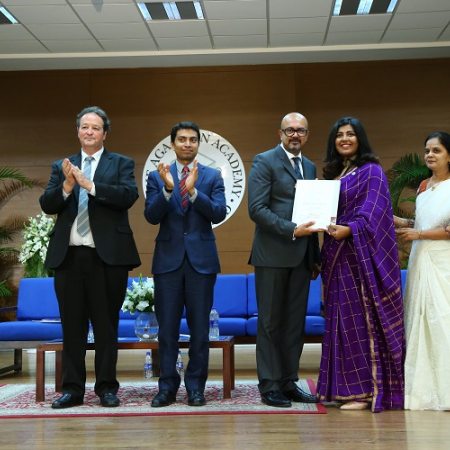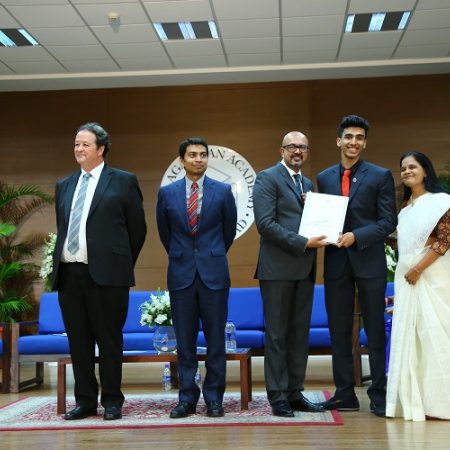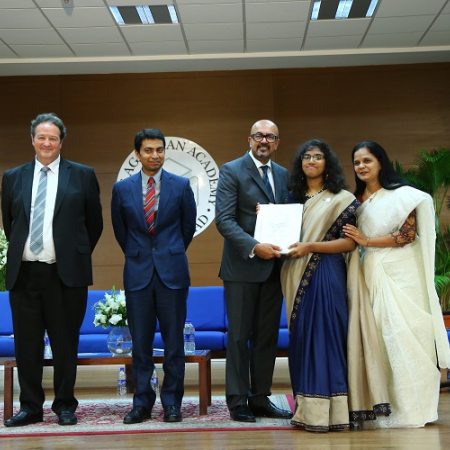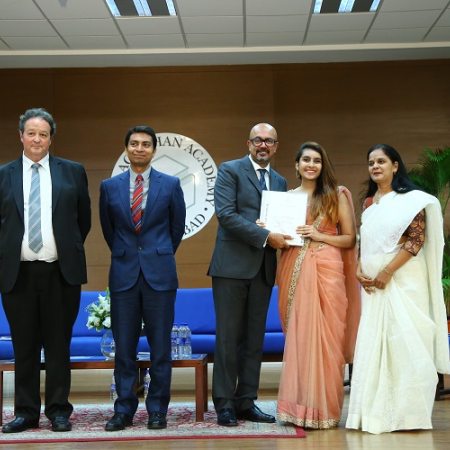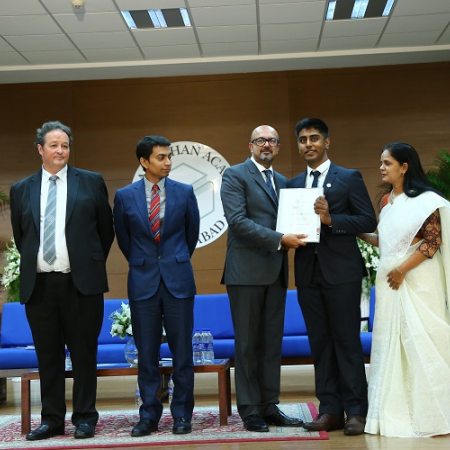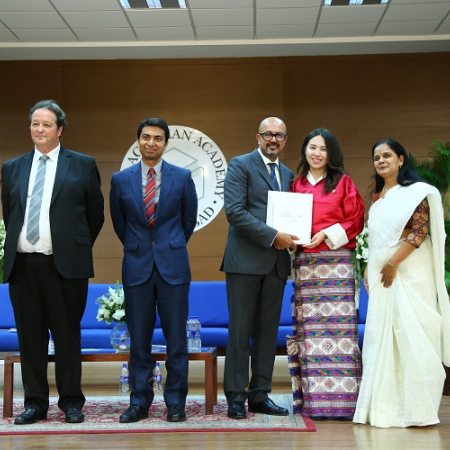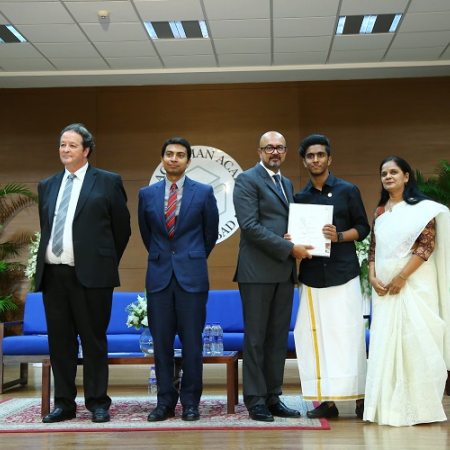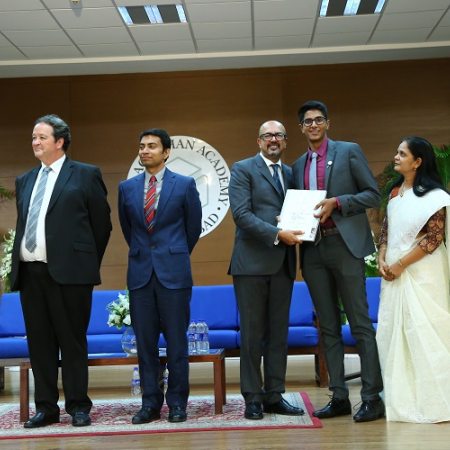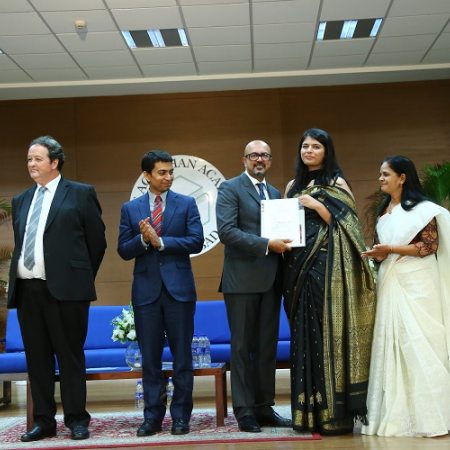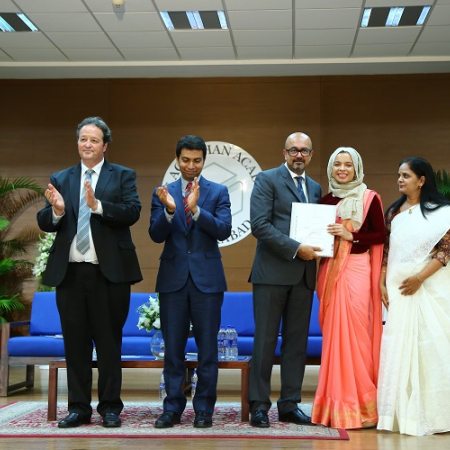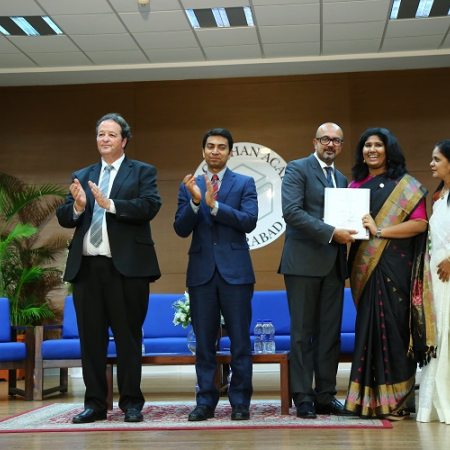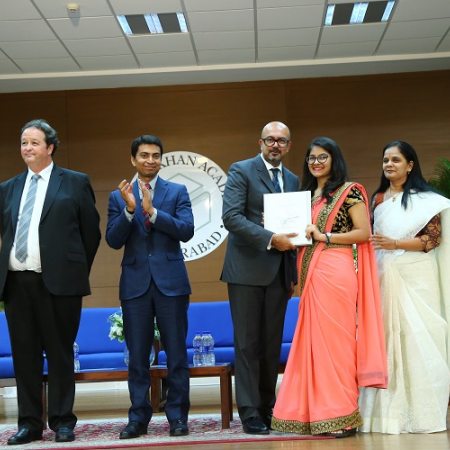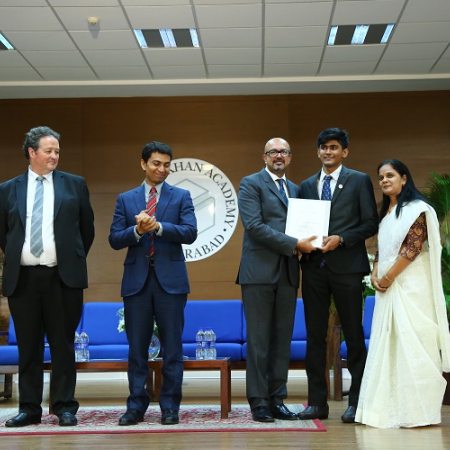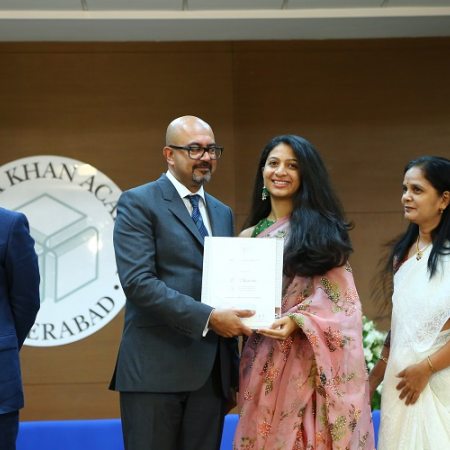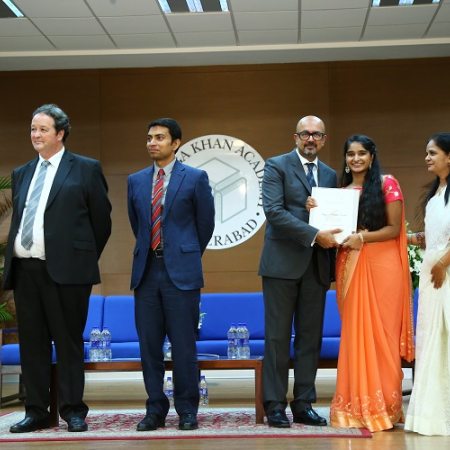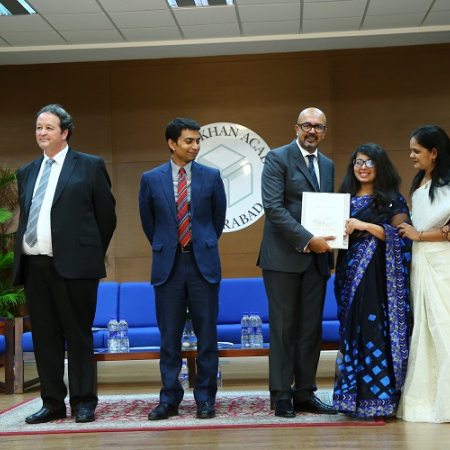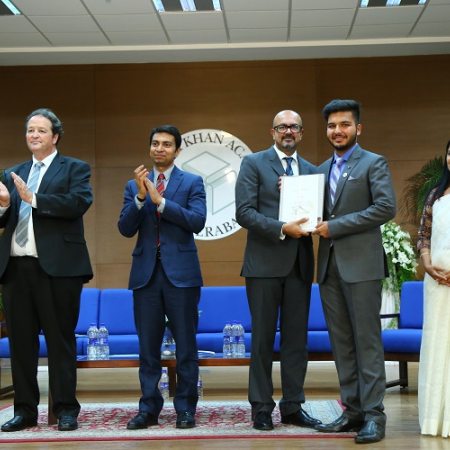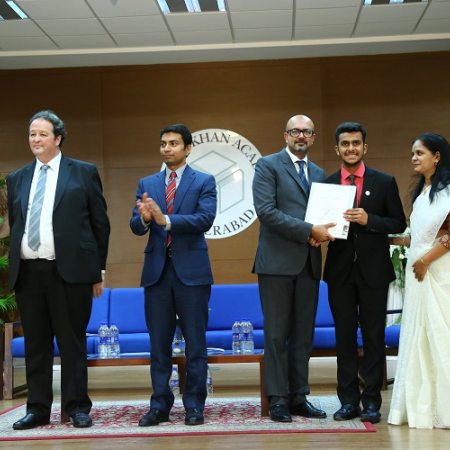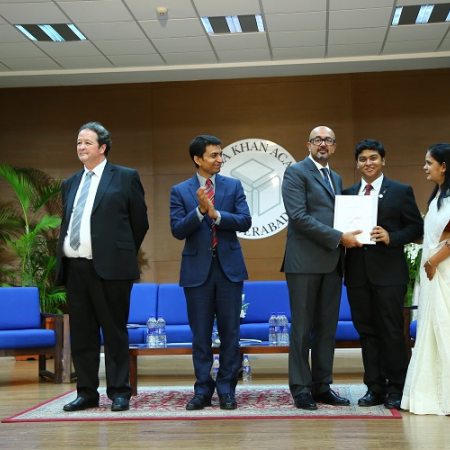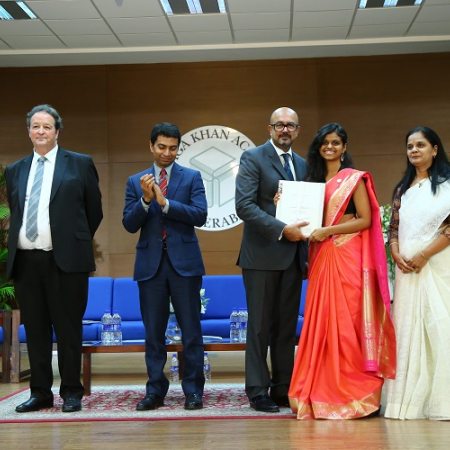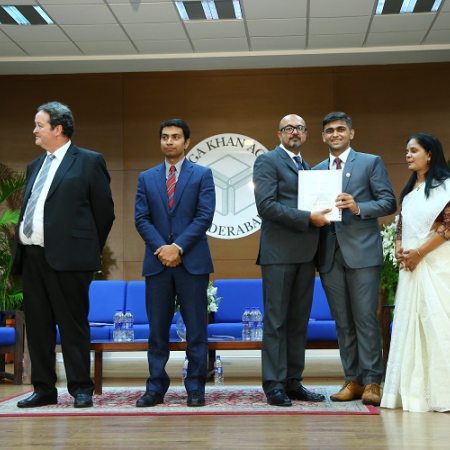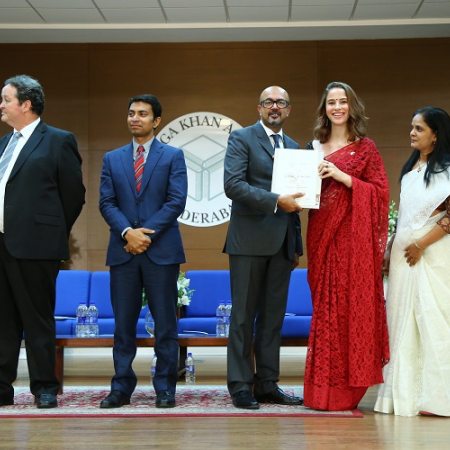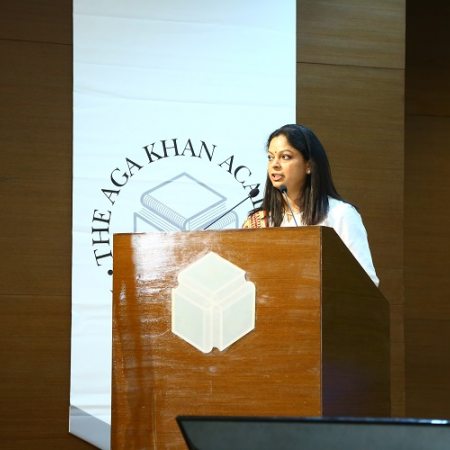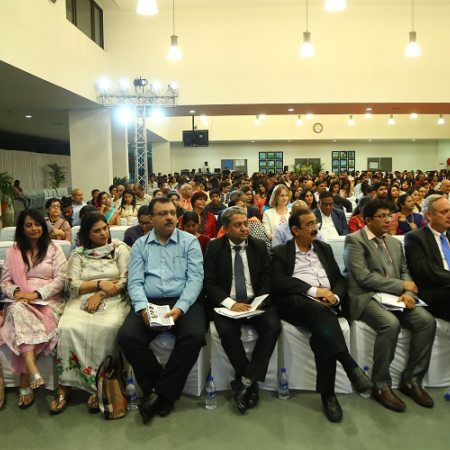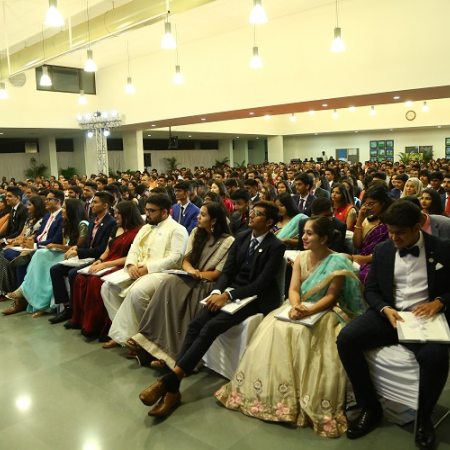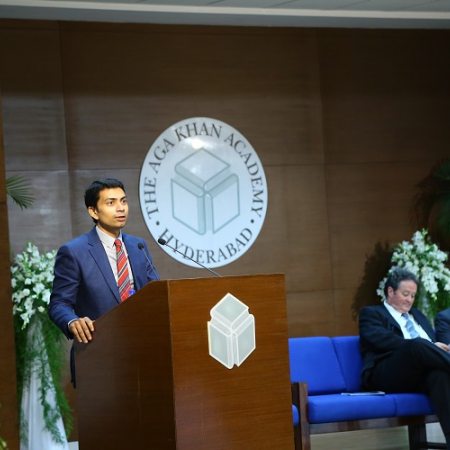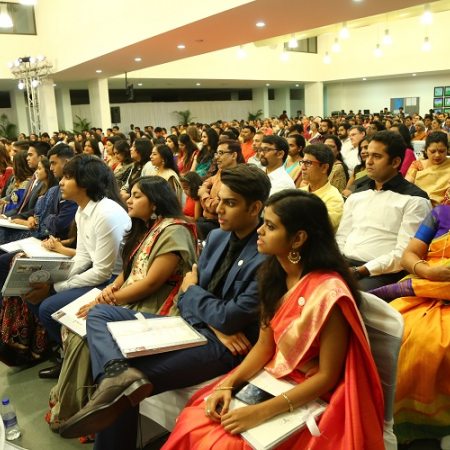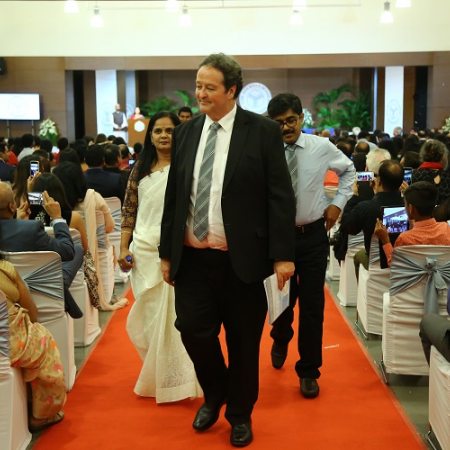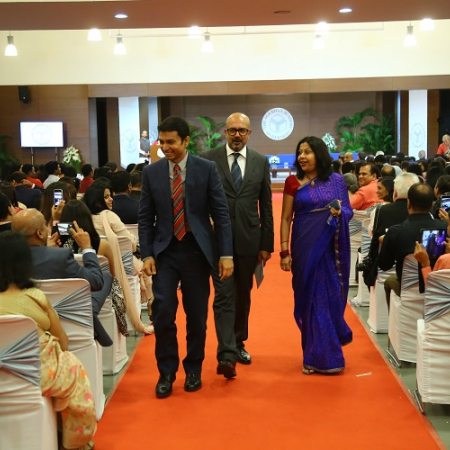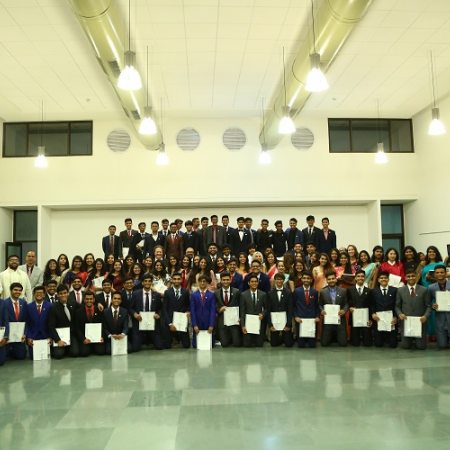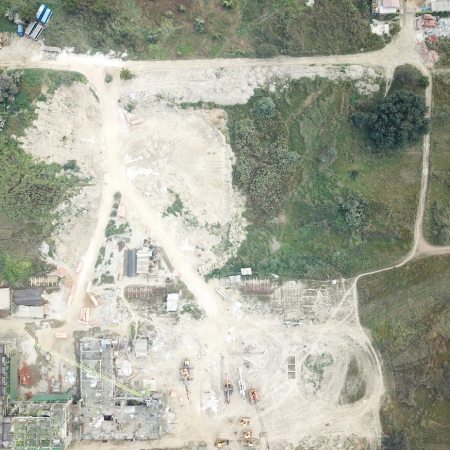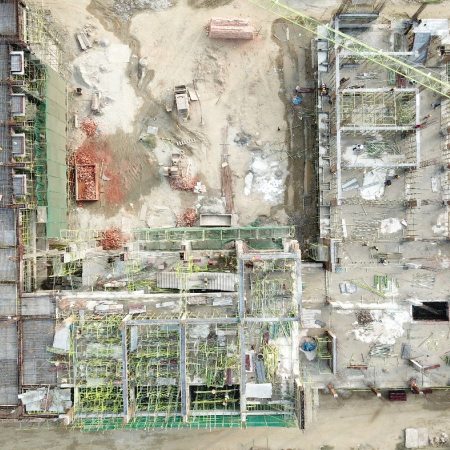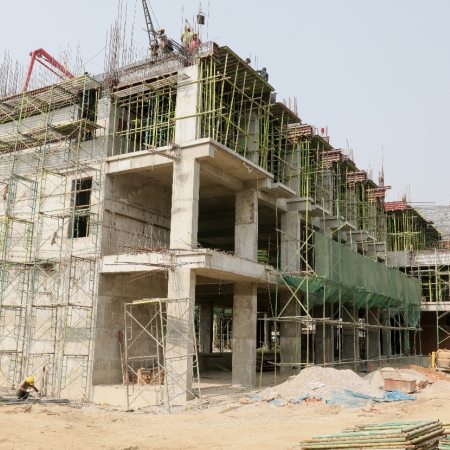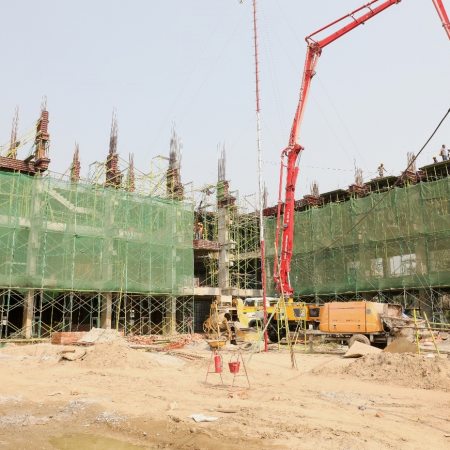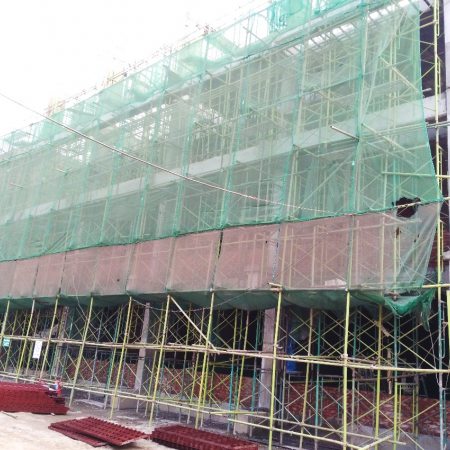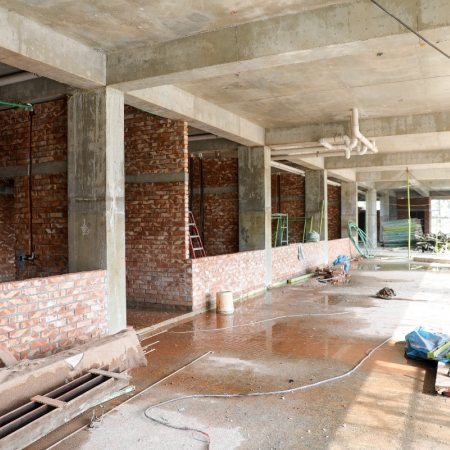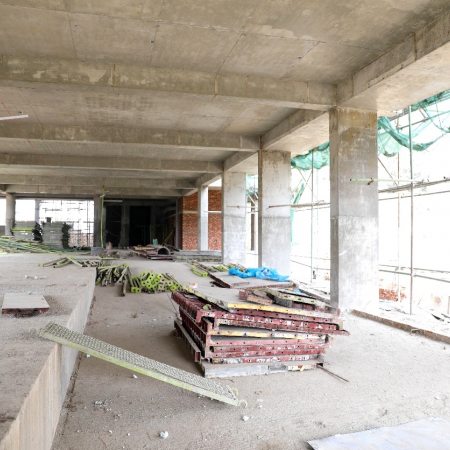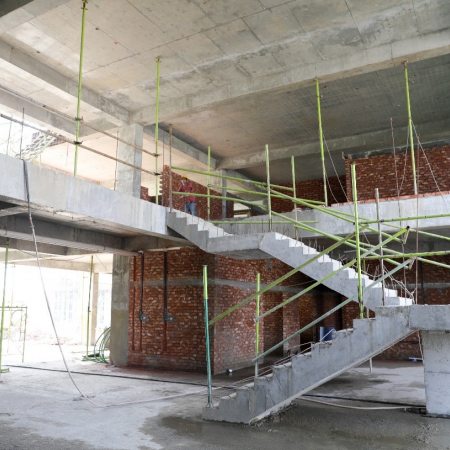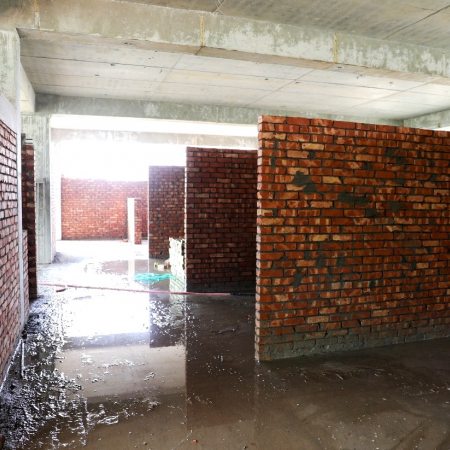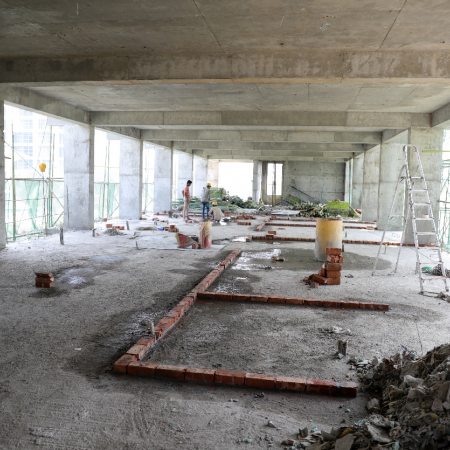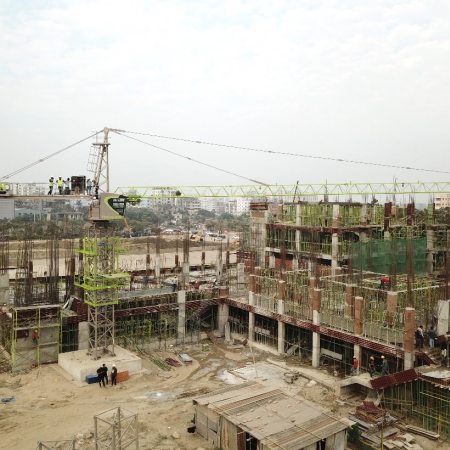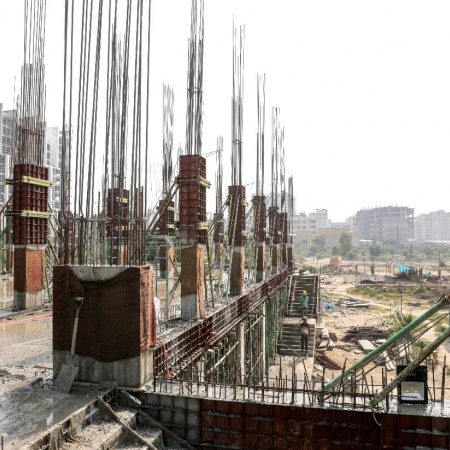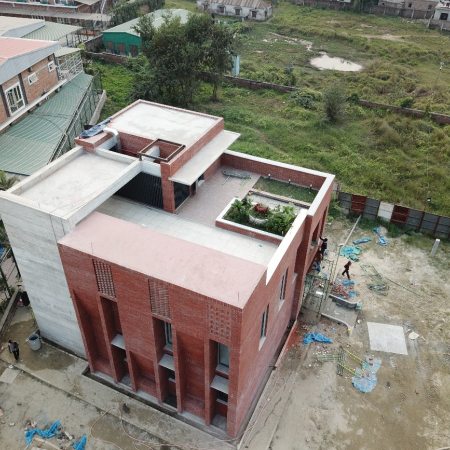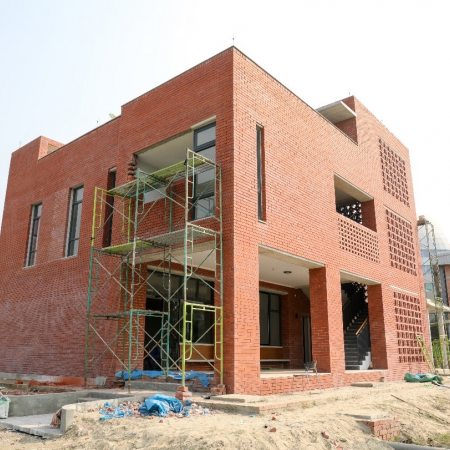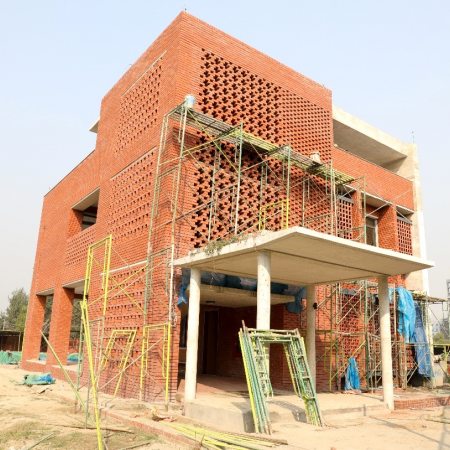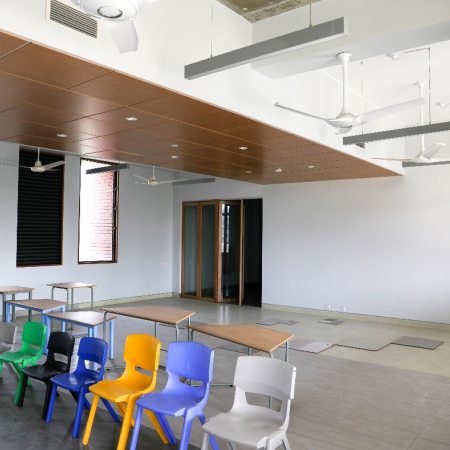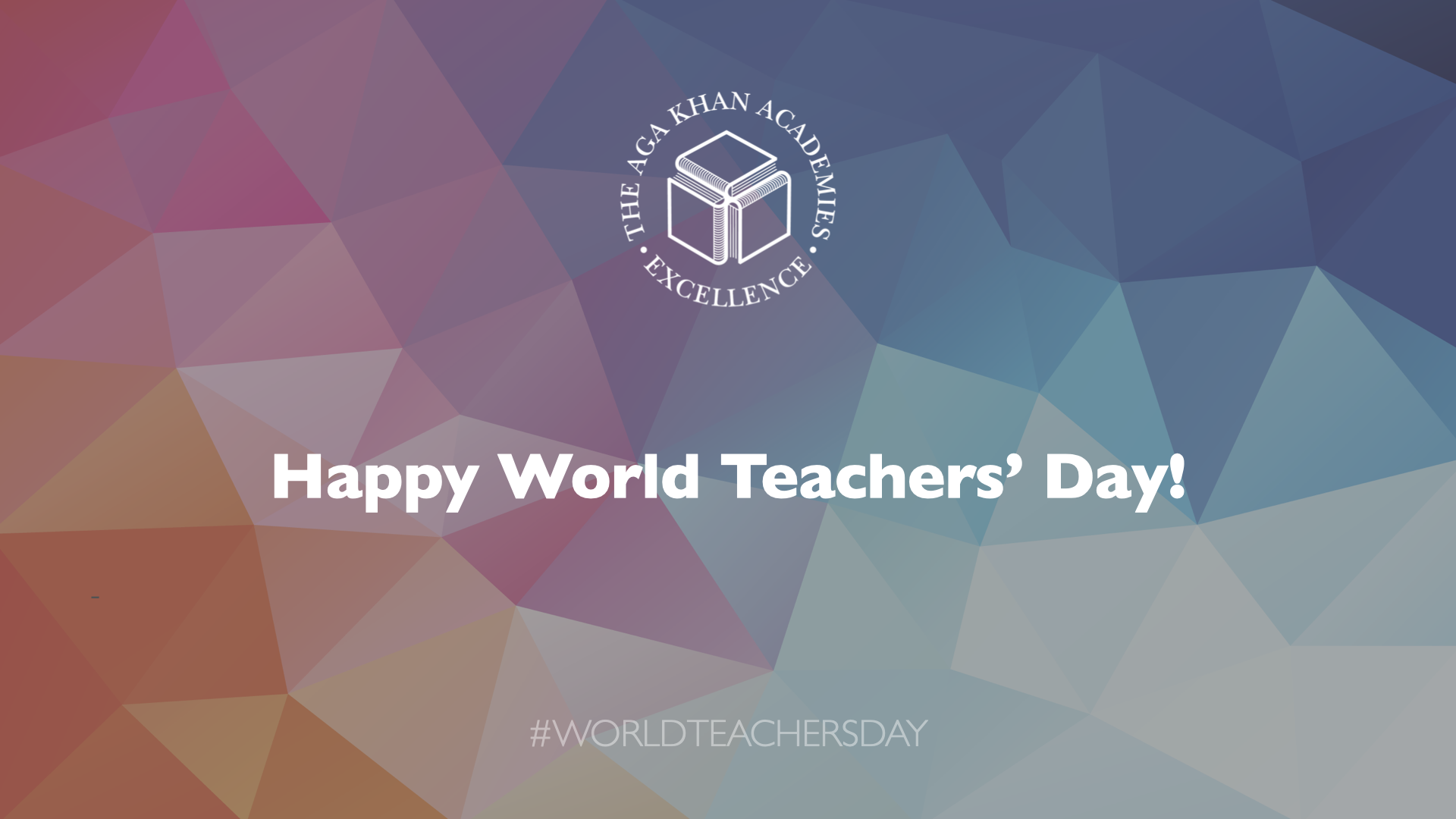International Baccalaureate - Primary Years Programme
International Baccalaureate - Primary Years Programme
Kashyap Gohel (Class of 2011): Providing solutions to improve the world
Kashyap Gohel has been pursuing a Bachelor of Architecture programme at the Jomo Kenyatta University of Agriculture and Technology (JKUAT) in Nairobi, Kenya since graduating from the Aga Khan Academy Mombasa in 2011. "My top marks at the Aga Khan Academy earned me a government scholarship which is about 85% of the annual fees for my architecture course of six years," says Kashyap very proudly. He expects to graduate from JKUAT in June 2017.
"I think the main values the Academy instilled in me were positive attitude, time management, assertiveness, competitive spirit and self-confidence. These are values that I apply on a day-to-day basis to form the foundation of a successful career in art, product design and architecture," Kashyap says confidently. He also adds that the confidence that his skill set gives him takes him further than most in trying challenging and new projects in his field. With this experience in mind he says, "I am sure I shall be quite a pioneer in creating world-changing ideas."
Kashyap believes the coursework at his university and his time management are going smoothly due to the intense training at the Aga Khan Academy. "Coming from the Academy, I believe it set me a level ahead of others, enabling me to go further than my fellow students." He also values the International Baccalaureate curriculum. "It is the only system that I know of that makes it possible for one to develop holistically. One does not just learn academics, but also extracurricular activities, leadership skills, developing talents and solving community problems," he says emphatically.
Since graduating from the Aga Khan Academy, Kashyap has participated in many major events and activities that have brought him recognition and accolades. He was a winner of the Perstorp Open Innovation Challenge 2016 in Sweden which involved submitting ideas on making, repairing and remolding furniture into new shapes and designs rather than disposing of used or broken pieces in landfills. Kashyap has also won the Disruption by Design Award for architectural design in 2015. Other accomplishments include being awarded a tender to create a 14-foot-tall carving at Jomo Kenyatta International Airport in Nairobi, Kenya in 2014 and winning the first round of the Thought for Food Challenge 2013 – an annual competition that challenges university students to develop an innovative solution to improve food security. He also won an international graphic design contest for an Irish boat-making company and has displayed his artwork at Diani Beach Art gallery, Tazama Art Gallery and Kenya Art Fair.
Kashyap was also nominated and sponsored to attend the One Young World conferences in Pittsburgh, USA in 2012, and in Johannesburg, South Africa in 2013. These summits gather the brightest young leaders from around the world, empowering them to make lasting connections and develop solutions to some of the world's most pressing issues.
Kashyap is particularly proud of his first community service project, called Project Desert Farms. He designed this as an architectural solution to help communities on the coast to filter ocean water, obtain housing and food, and reduce deforestation. This project was selected as a finalist project from a worldwide participation of 140 teams, and the only one in Africa that made it to the Thought for Food Global Summit in Berlin, Germany.
While at the Aga Khan Academy Mombasa and after graduating in 2011, Kashyap has been actively involved in many projects and volunteer activities and has also worked for the Academy and other companies in his field. In 2011 he worked with planning and construction management at the Aga Khan Academy. He also volunteered there as a theatre teacher for years 7–10 in 2012 and was involved in the design of two of the Academy’s residential blocks.
Kashyap's most unforgettable experience at the Academy was being a dorm captain in the residential programme. "One of the things I miss about the Academy is the organisation…[and the] efficient order in the way it operates," he comments. Another thing he misses about the Academy is the facilities. "It’s only after leaving the Academy that you appreciate the constant high speed Wi-Fi, adequate number of desks and chairs for students, high-class sports facilities and equipment, and most of all the great ocean climate and friendly people. As they say, nothing beats home," Kashyap reminisces nostalgically.
Graduation 2018
The Aga Khan Academies celebrated the graduation of 160 students from the Academies in Mombasa, Kenya and Hyderabad, India on Saturday, 19 May 2018. The Class of 2018 included 76 students from the Aga Khan Academy Mombasa and 84 students from the Aga Khan Academy Hyderabad, many of whom will be going on to higher education at leading universities worldwide.
Aga Khan Academy Dhaka construction - December 2018
See our latest photo gallery and aerial drone footage showing progress on the construction of the Aga Khan Academy Dhaka – December 2018
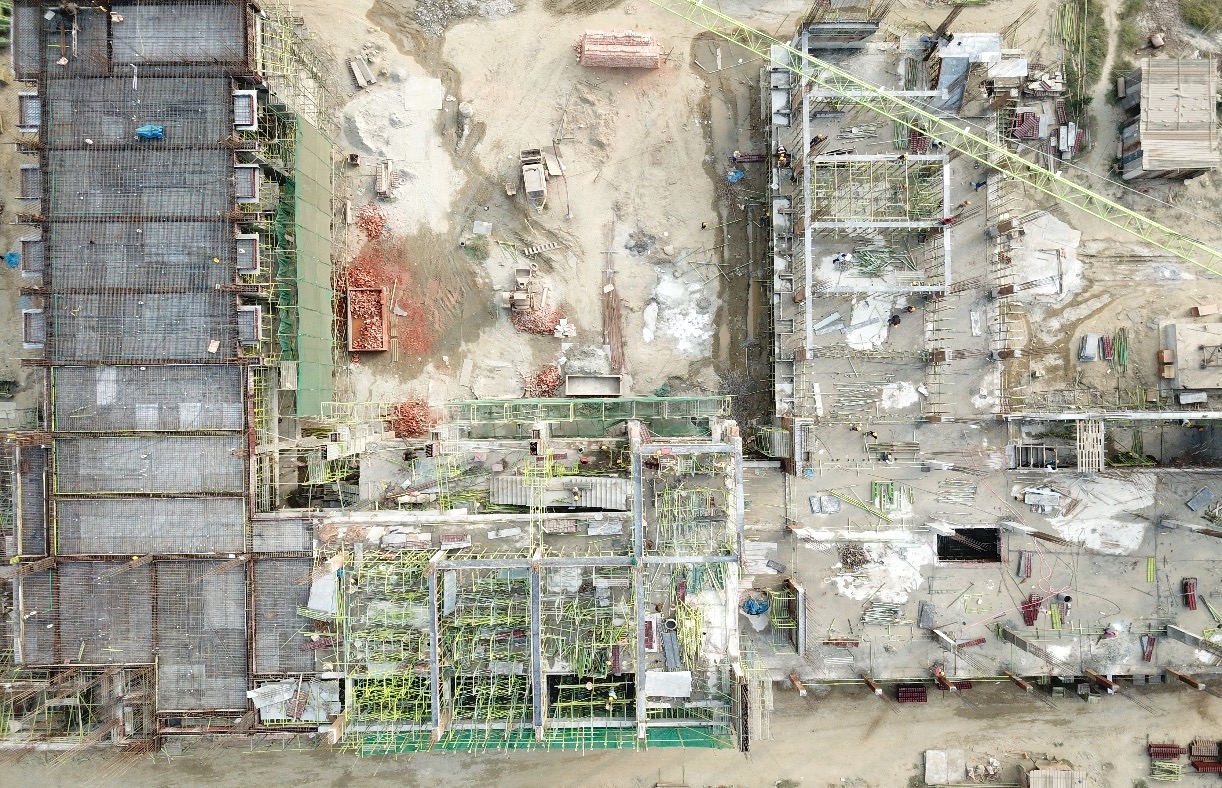
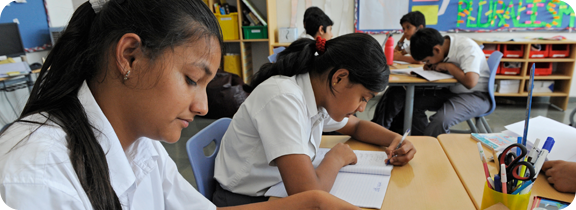
Academic Programme
The academic programme of the Aga Khan Academies is both comprehensive and rigorous. It encompasses formal academics as well as global themes (curriculum strands) that are designed to give students the skills to lead in their fields globally and locally.
The Academies' academic programme is organised according to the framework and principles of the globally renowned International Baccalaureate.
The academic curriculum is designed to ensure that students' theoretical learning is linked to relevant local and international issues through the focus on the Aga Khan Curricular Strands. Through this process, students are able to develop their understanding of the world alongside analytical skills, an ability to learn independently and the desire to make a difference.
The Academies are in the process of putting in place their dual language programme where English and a national language will both be languages of instruction in the Junior School. The aim is for students throughout the school to be at least bilingual.
Additionally, the programme is designed to equip students with the appropriate technical skills, so they have the opportunity to explore how technology is shaping communities.
Through an active, student-centred approach focused on mastery, the academic programme – along with co-curricular programmes – gives students the skills and ability to pursue a competitive, high-quality, post-secondary education. They are able to become thoughtful, curious, ethical and community-oriented leaders who are prepared to take on the challenges of a complex and interdependent world.
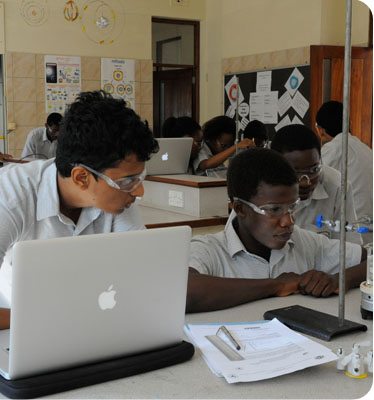
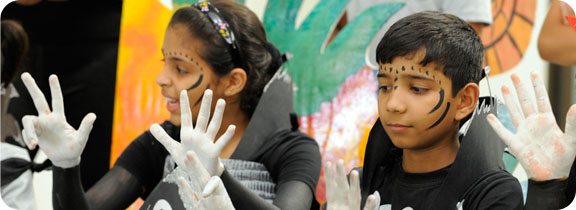
What Makes Us Unique
The Aga Khan Academies are an integrated network of about 18 residential schools in 14 countries in Africa, South and Central Asia, and the Middle East. They are dedicated to expanding access to the highest standard of education for exceptional young men and women, regardless of their ability to pay.
The Academies are more than just residential schools that strive to give their students a sound academic foundation. Each school emphasises the importance of academic excellence while instilling in students a sense of civic responsibility, leadership skills, and the desire, ability, and commitment to give back to their communities locally and globally.
The Academies are grounded in an educational approach that measures success not just by academic achievement, but by how students apply what they know to make the world a better place.
Students receive a grounding in ethics and also develop openness towards difference and acceptance of pluralism by living in diverse communities. As the network of Academies develops, both students and teachers will participate in visits and exchanges to Academies in other countries and regions.
Aims of the Academies programme
Our programme aims to:
- build inquiring, tolerant and creative minds
- empower gifted individuals, including girls, to innovate and lead
- over time, educate a cohort of well-trained local leaders with a sound ethical outlook and great intellectual capacity
- establish a global learning community across diverse geographic, social, economic, religious and tribal boundaries by providing needs-blind and merit-based admissions
- develop highly trained and effective educators
- positively influence education broadly across the targeted regions of the world, with measurable impact.
“The Aga Khan Academies aim to create ethical leaders with a strong sense of civic responsibility who will go on to the best universities in the world, pursue careers of their choice and…become leaders in the governments and the institutions of civil society in their own countries, in international organisations and in all those institutions, academic, economic and artistic that create positive change in our world.”
Embedded in our programme, the Aga Khan Curricular Strands (AK Strands) aim to strengthen understandings and outlooks needed by leaders of the future.
They encompass five critical areas of study:
- Ethics
- Pluralism
- Cultures (with an emphasis on Muslim civilisations)
- Governance and Civil Society
- Economics for Development.
The AK Strands examine issues of global importance and are also tailored to the cultural context of each Academy. This allows students to engage with international issues and challenges while remaining strongly grounded in their local context.
Calgary Herald: An Oasis of Education and Hope
Calgary Herald’s Monica Zurowski describes her visit to The Aga Khan Academy, Mombasa, where she witnessed how state of the art facilities, strong academics (International Baccalaureate programme), diverse extra-curricular activities and enriching community service programmes are combined to equip Kenya’s brightest youth with the principals and skills to become the country’s future leaders.

The Times of India: School With Difference Nurtures Pluralism
Nikhila Henry, from The Times of India, describes her visit to The Aga Khan Academy, Mombasa, where she experiences first-hand how the Academy bridges diverse cultural and economic backgrounds, providing students with a rich learning environment that encourages pluralism and free thinking.


